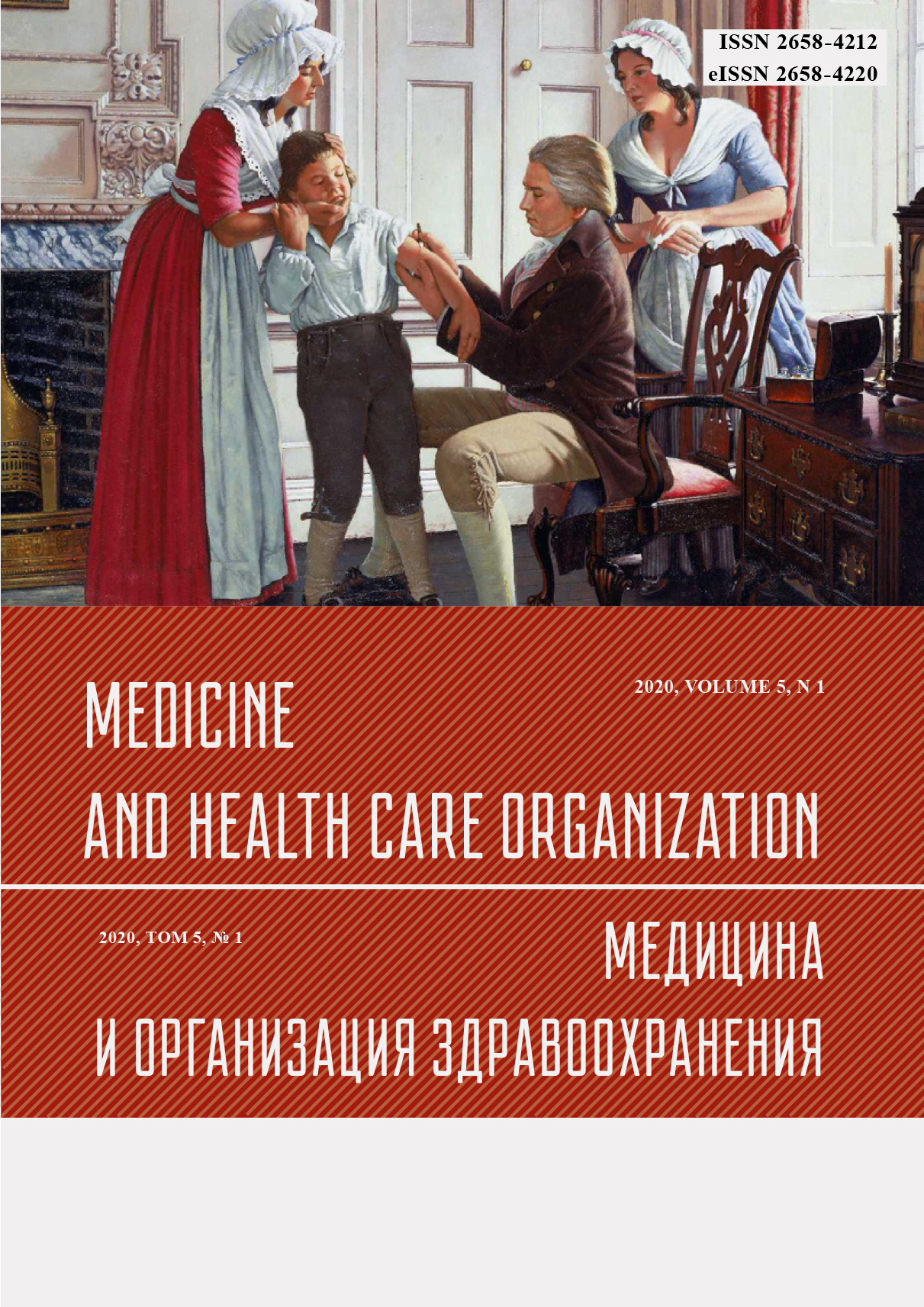ON MEDICAL AND SOCIAL INTEGRATION IN MODERN HEALTHCARE SYSTEM
Abstract
The article discusses the changes in modern health care associated with the formation of a new structure of morbidity and causes of mortality. Against the background of increasing shares of elderly population in society, increased life expectancy and growth multimorbidity chronic diseases a fundamentally new approach to the organization of medical care starts to be formed, ensuring the coordination of health and social welfare in support and restore human health. Such directions of medical and social integration as orientation on the chronic patient and on a family based on unity of the purposes of public health and system of social protection of the population are allocated. It highlights the important role of health organizers, who should help clinicians to connect patients with resources such as their own homes and families, and make greater use of the Internet. Despite the ongoing coordination of efforts to help people with both medical and social problems, foreign and domestic experience shows that the coordination of departmental actions is quite difficult. Optimal results can occur when the efforts of representatives of different specialties are combined in the person of one specialist a specialist in medical and social work. In this regard, there is a need to train specialists performing integrative, health oriented and socially oriented functions.



